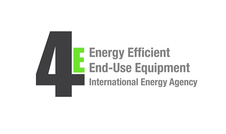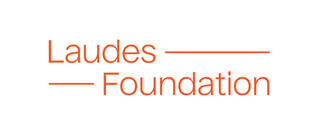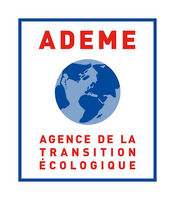Search eceee proceedings
Energy efficiency first policy landscapes for buildings: case studies in Germany, Hungary and Spain
Panel: 7. Policies and programmes for better buildings
This is a peer-reviewed paper.
Authors:
Benigna Boza-Kiss, Buildings Performance Institute Europe (BPIE), Germany
Xerome Fernandez-Alvarez, Buildings Performance Institute Europe (BPIE), Belgium
Jean-Sébastien Broc, Institute for a European Energy & Climate Policy (IEECP), France
Diana Ürge-Vorsatz, Central European University (CEU), Hungary
Senta Schmatzberger, Buildings Performance Institute Europe (BPIE), Germany
Abstract
Recognizing the value of energy efficiency improvements as the biggest domestic energy resource in the EU, Energy Efficiency First (EE1st) is a cross-cutting principle of EU energy policy. It is set out in the recast Energy Efficiency Directive, supported by a set of practical recommendations. Implementing EE1st challenges the way we compare demand-side and supply-side options, assessing the basis for and practicalities of prioritising demand-side options.
The Renovation Wave as part of the Green Deal emphasizes the importance of acting on energy efficiency of buildings. Implementing the EE1st principle here benefits the entire energy system, as buildings are able to reduce the energy demand and thereby have a direct impact on infrastructure needs.
This paper reviews EE1st implementation for the building sector in German, Hungary and Spain showing a diversity of preconditions. The overall buildings policy frameworks are analysed to determine if the two examples of EE1st policies discussed in this paper could be best suited for transferability in the realm of the institutional, financial and policy system. Germany has an already strong building code, which could still be strengthened to overcome barriers identified, such as silo thinking. Spain has strong renovation funding programmes which could be defined in terms of composite indicator instead of primary energy to lead to an EE1st approach. Hungary should increase the overall building code stringency and should integrate energy requirements into funding schemes. EE1st aspects coupled with rapid improvements in the decision-making process, in collaboration among decision-making and implementation bodies, as well as efficiency criteria in many, but at least in grant decisions could result in economic, social and climate benefits. The findings have been validated through expert consultations in the three countries through the ENEFIRST project.
Downloads
Download this presentation as pdf: 7-168-22_BozaKiss_pres.pdf
Download this paper as pdf: 7-168-22_Boza-Kiss.pdf
Panels of
1. Dynamics of consumption: less is more?
2. Efficiency and beyond: innovative energy demand policies
3. Policy, finance and governance
4. Monitoring and evaluation for a wise, just and inclusive transition
5. Towards sustainable and resilient communities
6. Energy-efficient and low-carbon mobility for all
7. Policies and programmes for better buildings
8. Innovations in products, systems and building technologies



























